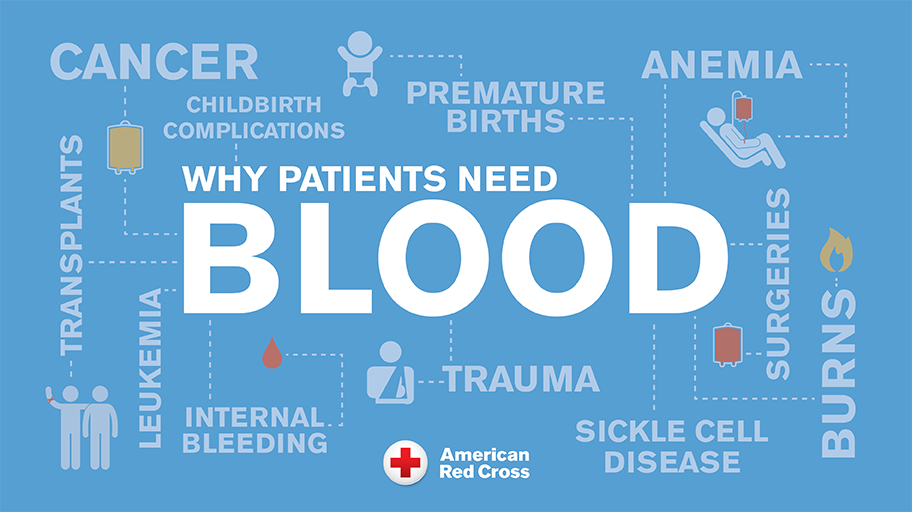Blood
Natural Disasters Can Have Devastating Effects Not Only on Communities, But Also the Nation’s Blood Supply
When a community is impacted by disasters like hurricanes, wildfires, tornadoes or floods, it can leave behind devastation with impacts felt in ways many don’t even realize. One way disasters impact communities is by hindering their ability to hold blood drives, which ultimately can impact the available blood supply for patients.
Hurricane Idalia, which struck Southeast this week, has forced the cancelation or closure of blood drives and donation centers, resulting in about 700 blood and platelet donations to go uncollected this week. Unfortunately, experts are forecasting an active and intense fall disaster season – with more climate-driven, large-scale disasters that could potentially have huge impacts on the ability of the Red Cross to collect a sufficient number of blood products to meet on-going hospital demand.
Damage from hurricanes, winds, fire and floods that cause a community to shut down means schools, businesses and churches where blood drives were planned are no longer able to hold the drives. Roads may become impassable for days or even weeks. All this can result in hundreds and thousands of blood donations being uncollected, and a fast decline in the blood supply. The need for blood is constant, and the Red Cross is already experiencing a concerning shortfall in donations.
As disasters related to extreme weather events are worsening, the Red Cross is seeing that translate into more blood drive cancellations. In 2022, over 1,300 blood drives were canceled due to weather – about 23% higher than the average of the prior nine years.
Blood can take up to three days to be tested, processed and made available for patients, so it’s the blood already on the shelves that helps save lives in an emergency. Blood donations also cannot be stockpiled; red blood cells must be transfused within 42 days of donation and platelets within just five days. This makes the supply particularly vulnerable to major disruptions that disasters can bring.
That’s why we encourage individuals to give blood and platelets on a regular basis to ensure we are prepared for any needs that may arise. Through our national inventory system, the Red Cross has the ability to move blood around the country to wherever and whenever it is needed most. When disaster hits, those in unaffected areas may be called upon to give blood to ensure patient medical care can continue. The Red Cross is grateful for all donors who generously give blood and platelets throughout the country.
You can help ensure your community is prepared by donating blood during National Preparedness Month and year-round. Find a blood drive and schedule an appointment to donate through the Red Cross Blood Donor App, RedCrossBlood.org or 1-800-RED CROSS.

